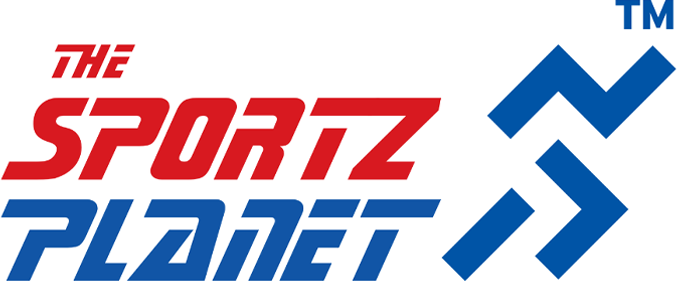A well-balanced nutrition and diet plan is crucial for women athletes in India to support their physical performance, recovery, and overall health. Here’s a general guideline for the best nutrition and diet for female athletes:
- Balanced Macronutrients:
- Carbohydrates: Focus on complex carbohydrates like whole grains, brown rice, quinoa, and oats. These provide sustained energy for workouts and competitions.
- Proteins: Include lean sources of protein like chicken, turkey, fish, tofu, beans, and lentils to aid in muscle repair and growth.
- Healthy Fats: Incorporate sources like avocados, nuts, seeds, and olive oil for overall health and energy.
- Adequate Hydration: Staying hydrated is crucial for optimal performance. Drink water throughout the day, and consider sports drinks during intense workouts to replace lost electrolytes.
- Vitamins and Minerals: Consume a variety of colorful fruits and vegetables to ensure you get a wide range of vitamins and minerals. Consider a multivitamin if there are deficiencies.
- Iron-Rich Foods: Many female athletes are at risk of iron deficiency. Include iron-rich foods like lean meats, poultry, fish, fortified cereals, and leafy greens.
- Calcium and Vitamin D: Dairy products, fortified plant-based milks, and leafy greens are essential for strong bones.
- Healthy Snacking: Opt for nutritious snacks like yogurt, fruits, nuts, and whole-grain crackers between meals to maintain energy levels.
- Protein Timing: Consume protein-rich meals or snacks after workouts to aid in muscle recovery.
- Avoid Processed Foods: Minimize or eliminate processed foods, sugary snacks, and beverages high in sugar.
- Individualized Diet: Consult with a registered dietitian or nutritionist to create a personalized nutrition plan that considers your specific sport, training intensity, and dietary preferences.
- Meal Timing: Eat a balanced meal 2-3 hours before training or competition, and consume a recovery meal or snack within 30 minutes after exercise.
- Listen to Your Body: Pay attention to hunger and fullness cues. Adjust your diet based on your energy expenditure and training intensity.
- Consistency: Consistency is key. Stick to a well-balanced diet year-round, not just during peak training periods.
Remember that these are the general guidelines and every athlete is unique, and individual nutritional needs may vary. It’s essential to consult with a sports nutritionist or dietitian who can assess your specific requirements and create a tailored nutrition plan to optimize your athletic performance and overall well-being.







